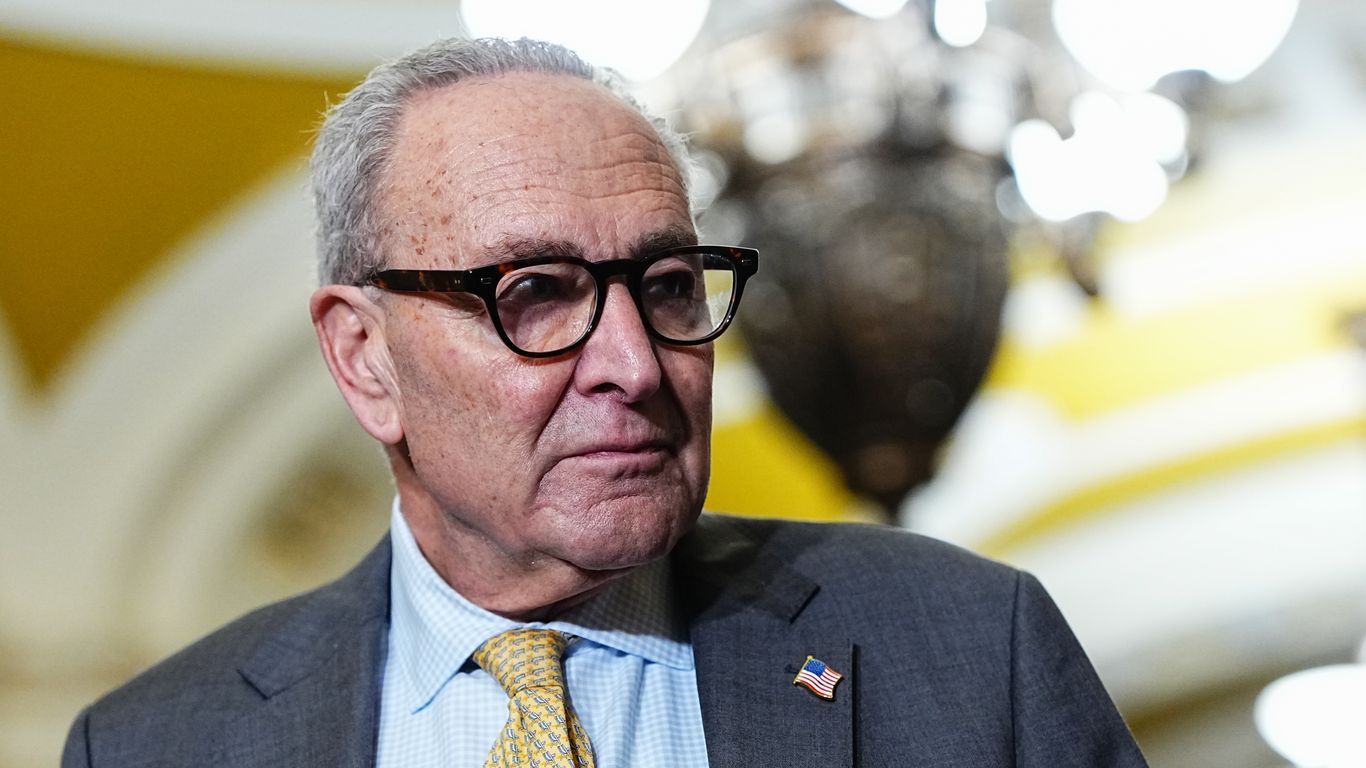Amid a prolonged government shutdown, Senate Minority Leader Chuck Schumer’s trip to Southeast Asia has been scrapped due to furloughs and planning constraints. The canceled mission underscores how gridlock on Capitol Hill has paralyzed both governance and diplomacy, with few prospects of resolution in sight.
Scoop: Schumer cancels Southeast Asia trip amid shutdown

Key Takeaways:
- The planned congressional delegation (CODEL) to Southeast Asia was canceled because of the government shutdown.
- Senate Minority Leader Chuck Schumer (D-N.Y.) was slated to lead the trip.
- Logistical challenges emerged as furloughs hampered travel preparations.
- Senate Democrats recently rejected a GOP-led funding bill, prolonging the stalemate.
- Past shutdowns, including the 2018–19 35-day shutdown, also forced congressional travel cancellations.
Canceled Trip Highlights Capitol Hill Gridlock
A planned congressional delegation to Southeast Asia, led by Senate Minority Leader Chuck Schumer (D-N.Y.), has been canceled, according to sources cited by Axios. The reason cited is the ongoing government shutdown, which has made it increasingly difficult to secure logistical support from furloughed personnel needed to set up and coordinate the trip.
Furloughs and Diplomatic Hurdles
Insiders say the delegation faced substantial roadblocks because many of the workers who handle arrangements for international travel are currently furloughed. Without their efforts, organizing transportation, accommodations, and diplomatic engagements is nearly impossible. This same shutdown has all but halted American diplomacy at home and abroad, reflecting a state of paralysis in Washington.
Stalled Negotiations in the Senate
On Capitol Hill, both parties remain far apart on reaching a funding deal to reopen the government. Senate Democrats rejected a GOP-led funding bill yet again on Monday evening. Meanwhile, Senate leaders on both sides have not engaged in meaningful discussions, leaving federal workers unpaid and agencies under significant strain.
A Look Back: 2018–19 Shutdown
This situation echoes the 35-day shutdown of 2018–19, which stands as the longest in U.S. history. During that period, multiple bipartisan congressional missions to NATO allies were canceled. Like then, current leaders find themselves unable—or unwilling—to break through partisan divisions that prolong the crisis.
Lingering Consequences
With no apparent end to the shutdown, other high-level travel plans may also be scrapped or sidelined. Supporters of the canceled Schumer-led visit emphasize that opportunities for international dialogue are slipping away as political stalemate endures. Until a funding agreement is in place, such initiatives remain on hold, underscoring the broader fallout of Washington’s deadlock.











